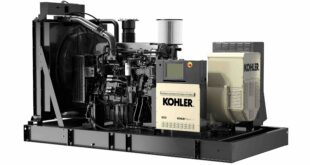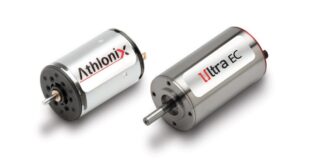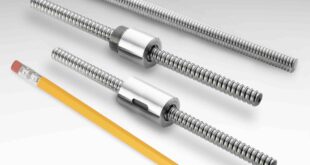The latest technological innovations reach a wide variety of industries and components, even revolutionising the humble screw.
Many industries now require that fasteners have increased strength, resistance to extreme temperatures, smoother surfaces and lower friction.
Essentra Components provides fasteners in a wide range of sizes and materials but it’s the coating on the fastener where the innovation is found. The coating can make a fastening significantly stronger, smoother or more resistant than a regular screw.
Coated fasteners are a requirement for specialised machinery and for processes that involve extreme conditions like waste management, or even space travel.
Coated fasteners can withstand the harsh industrial processes, meaning that they do not require regular maintenance and replacement, which can delay and disrupt production, or compromise the quality of a product.
So, what are the fasteners typically coated in?
Well the choice of coating logically depends on the product requirements and the environment that the product is going to be used in.
Coatings typically consist of Polytetrafluoroethylene (PTFE), Xylan or Halar.
Halar ECTFE as a coating can be made transparent It has different grades which can be used dependent on the project requirements, for example, it can be applied as a powder or a fluid.
PTFE works well under high temperatures and low friction and is also resistant to corrosive materials. This means that it’s a good choice when parts need to be cleaned using specialised industrial cleaners.
Xylan is a plastic alloy. Like PTFE it offers fasteners resistance to extreme temperatures. It also reduces friction for smoother application and removal if required. This material also makes the component resistant to salt-water, chemicals and the elements.
Xylan also benefit fits from good adhesion to most surfaces.- it will stick to practically any material, whereas PTFE occasionally will not. It can also be applied in an extremely thin film over the component which offers a smoother surface.
Coated fasteners have a protective shield against temperatures, conditions, friction and chemicals. This gives these fasteners a high fire safety rating, making coated fasteners a safer option for many industrial processes.
 Engineer News Network The ultimate online news and information resource for today’s engineer
Engineer News Network The ultimate online news and information resource for today’s engineer





